Speak to a Republic of the Congo expert today
and start planning your tailor-made holiday

Alistair
Republic of the Congo Expert

Can't decide where to go? Why not peruse some of our most popular destinations for inspiration then give us a call!
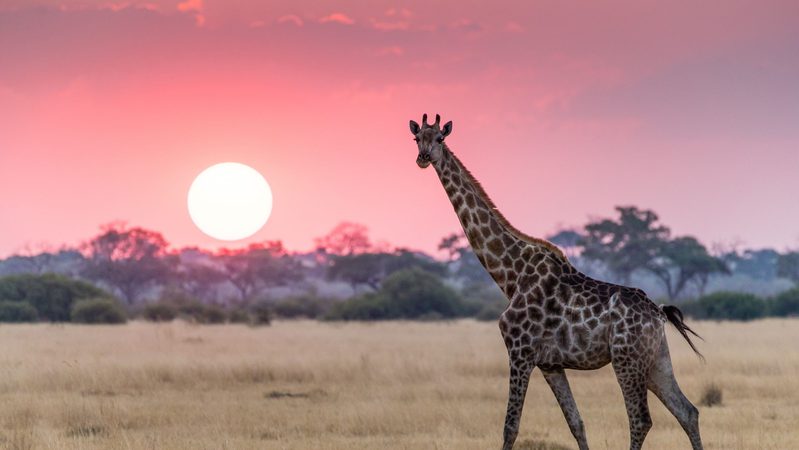
A diverse land brimming with superb safaris, pristine sandy beaches, towering snow-capped peaks and tropical underwater worlds is just waiting to welcome you

Australia offers vibrant cities, diverse landscapes, and iconic wonders like the Great Barrier Reef. New Zealand adds dramatic scenery, Maori culture, and relaxed charm. Together, they promise nature, adventure, culture, and warm hospitality.

If you're dreaming of an island getaway, look no further than the Caribbean with its gorgeous soft sand beaches and lively, diverse cultures.
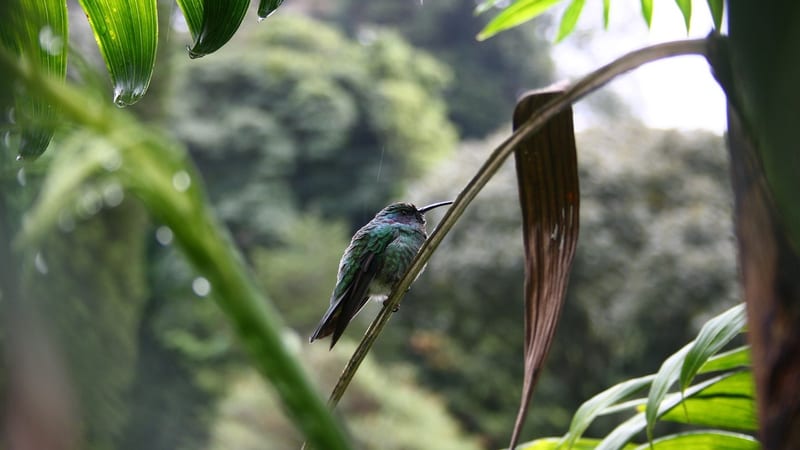
Head to the amazing destination that is Central America, full of the knowledge of ancient civilizations, incredible mountains, and beautiful beaches.

Discover vibrant cultures, pristine beaches, and tantalizing flavours in the captivating travel haven that is East and Southeast Asia

Embark on a journey through the vibrant tapestry of India, Sri Lanka, and Bhutan—where ancient temples, lush tea plantations, and soaring Himalayan peaks promise unforgettable moments at every turn.
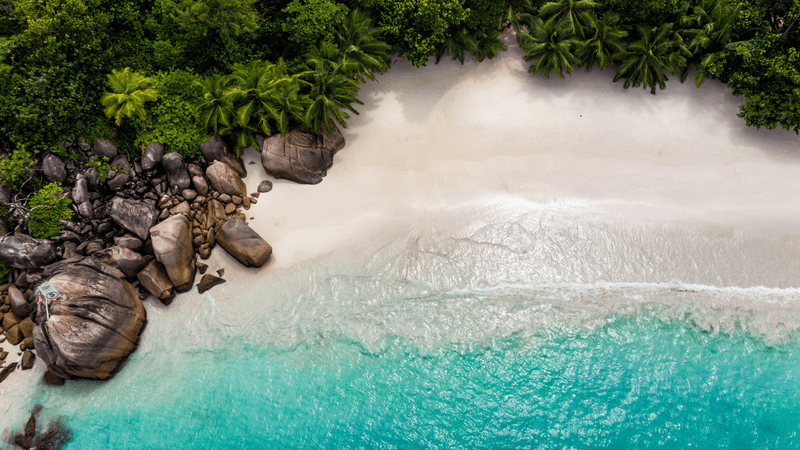
Picture yourself basking on sun-kissed beaches, sipping tropical cocktails beneath swaying palms —where crystal-clear lagoons and luxurious resorts cater to your every desire.

Experience world-class hospitality, mouthwatering cuisines, and the region’s deep-rooted cultural traditions for an unforgettable Middle East adventure.

Venture to the ends of the Earth and behold the icy majesty of polar landscapes. Discover pristine solitude, exhilarating expeditions, and breathtaking views that promise a memorable encounter with nature at its most dramatic
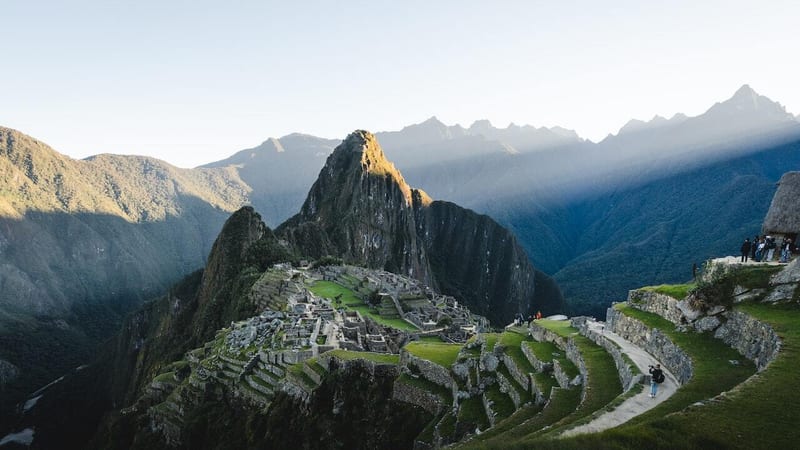
Journey into the heart of South America, where the rhythmic pulse of its vibrant cities meets the majesty of the Amazon rainforest and the timeless wonder of ancient civilizations.
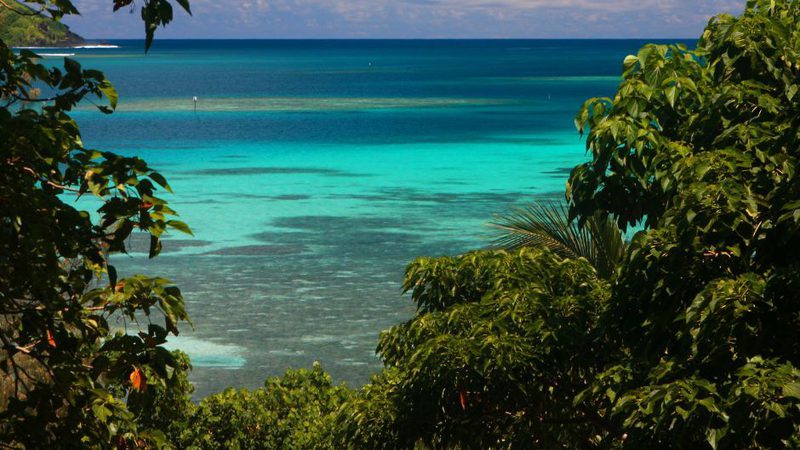
The South Pacific is a paradise of turquoise waters, white-sand beaches, and vibrant island cultures. From adventure and natural beauty to pure relaxation, each island offers its own unique charm and welcome.
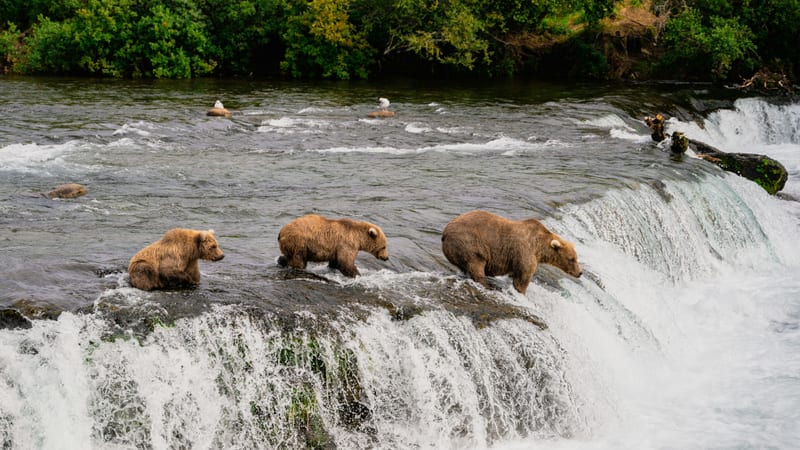
From the soaring plains of the Southwestern USA to the stunning landscapes of the expanses of Canada, visit some of the most impressive scenery in the world

If you are looking for a trip to knock iconic locations off your bucket list, check out our buck list recommendations
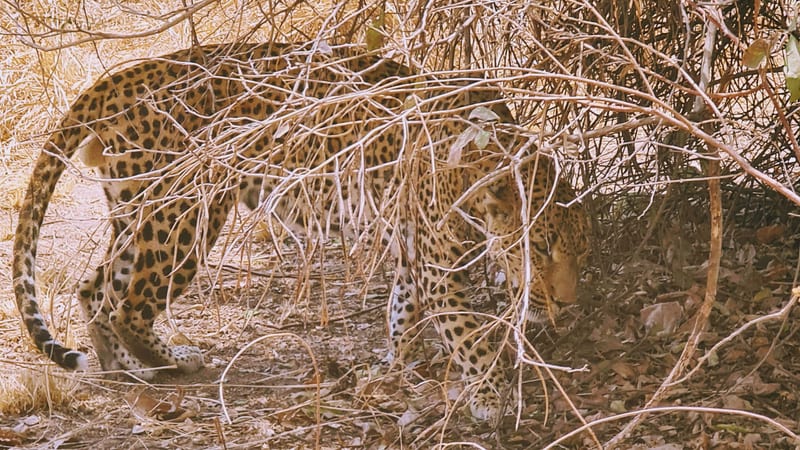
From the graceful stride of giraffes at sunrise to the echoing roars of lions beneath starlit skies, each of our safaris promises an unforgettable dance with nature.


Our family holidays are a perfect opportunity to create lasting memories, whether exploring new destinations or simply enjoying quality time together. From adventure-filled escapes to relaxing beach retreats, they offer a chance to reconnect and unwind away from daily routines.

Our luxury holidays offer the finest experiences, from exclusive resorts and private villas to tailor-made adventures with impeccable service.

For those seeking adventure beyond the usual tourist trails, our off-the-beaten-track trips take you to some of the world’s most remote and untouched destinations, where authentic cultural encounters and breathtaking landscapes await. Let us craft your unique journeys that few travellers ever experience.
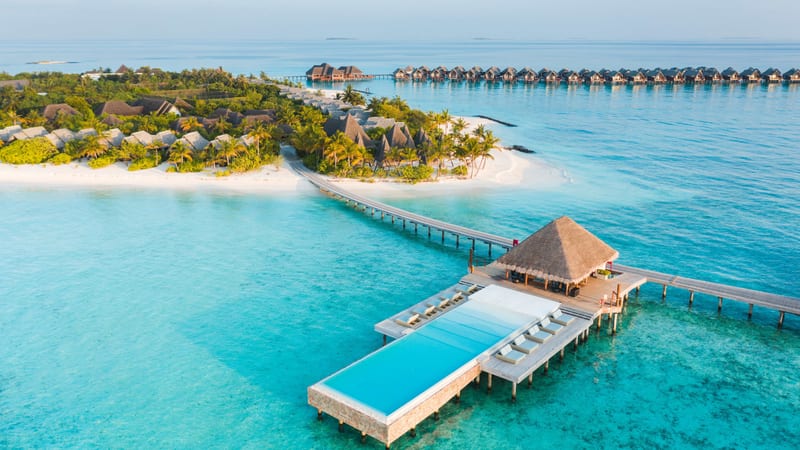
For the ultimate beach escape, we offer luxury holidays to some of the world’s most stunning coastal destinations, from the white-sand shores of Antigua to the turquoise waters of Zanzibar.

For those who crave excitement and exploration, our adventure holidays take you to some of the world’s most thrilling destinations, whether trekking through Patagonia, summiting Mount Kenya, or kayaking past icebergs in Antarctica.

Interested in something a bit more focused? How about a horse-riding holiday through Argentina? Or a photography safari? Look through our Special Interest holiday selection for inspiration

Our wildlife holidays invite you to step into unique ecosystems and experience amazing animal encounters. Whether spotting majestic tigers in the jungles of India or marvelling at polar bears in the Arctic, each trip promises awe-inspiring moments steeped in the magic of nature.

Our small group tours offer the perfect balance of expert-guided exploration and personal experience, taking you to incredible destinations with like-minded travellers. Whether it's a wildlife safari in Botswana, a cultural journey through Vietnam, or a chef-led expedition through India, our carefully curated itineraries ensure an intimate, enriching, and hassle-free experience.

Sustainability travel is at the core of what we do and a guiding principle in every choice we make as a business. Let us help you make sustainable travel choices
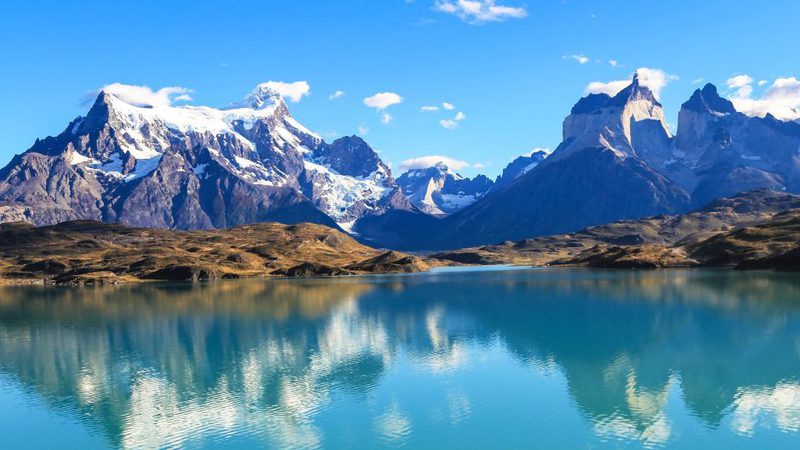
Read about what we do to make a difference

One of the most important parts of our commitment to responsible travel is protecting our clients, and it is a part that we take extremely seriously.
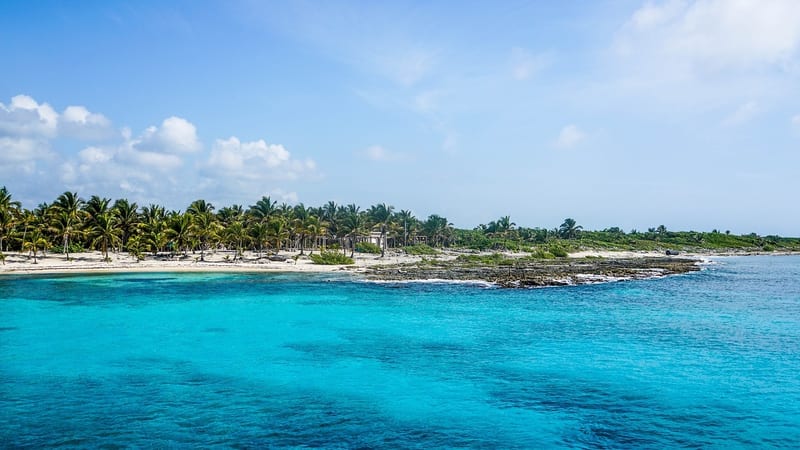
Not sure what's best for which time of year? Check out our expert-written guides

Looking for some expertise on your destination? Have a look through our selection of guides and articles written by our destination experts

Looking for more inspiration? Read from our range of hundreds of articles from our travel specialists, local guides, and personal travel tales.
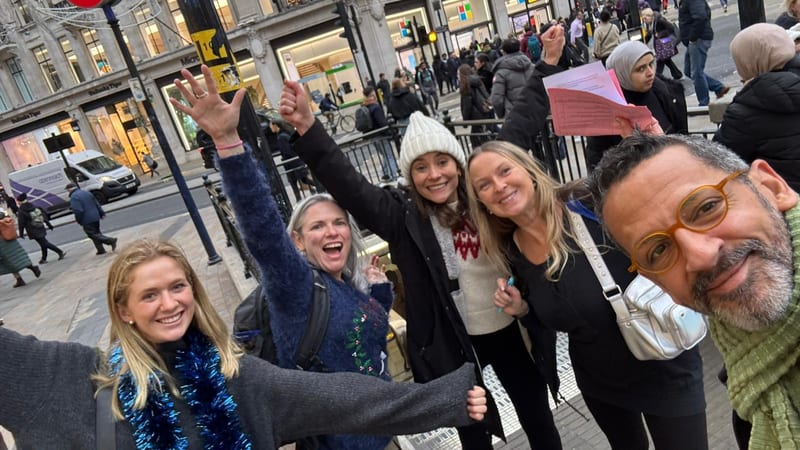
Our mission is to make every holiday special. We will do this whilst specifically aiming to minimise the environmental impact of our activity and maximise our opportunity to influence others to do the same.
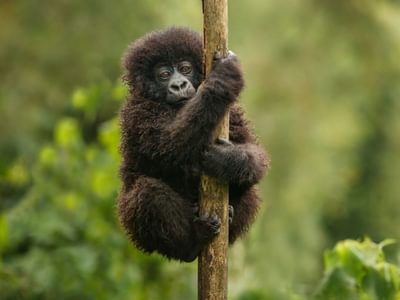
Not to be confused with the DRC to the east, The Republic of the Congo is a stable, former French colony located in central Africa.
Gorilla trekking in the Republic of the Congo offers one of the most unique wildlife experiences in Africa, allowing you to encounter the rare and endangered western lowland gorillas in their natural habitat. In this guide, we’ll cover everything you need to know, from the best times to visit to where to stay, how to get permits, and why the Republic of the Congo offers a distinct experience from trekking in Uganda or Rwanda.
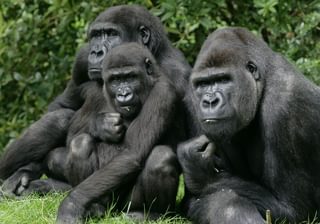
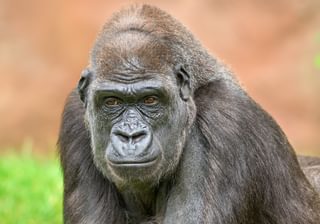
Gorilla trekking in the Republic of the Congo involves hiking through the rich rainforests of the Odzala-Kokoua National Park to track and observe western lowland gorillas. Unlike the mountain gorillas found in Rwanda and Uganda, the western lowland gorillas are smaller, with unique social structures and behaviours.
Your trek will take you deep into the heart of the rainforest, where professional guides and trackers lead small groups (usually 6-8 people) through heavy vegetation in search of gorilla families. The treks can be physically demanding, so a moderate fitness level is recommended. Children under 15 are generally not permitted on treks, ensuring a focused and serene experience for adult travellers.
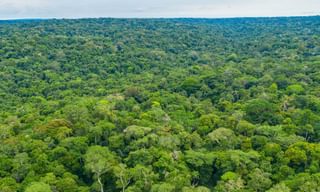
While Uganda and Rwanda are well-known for gorilla trekking, the Republic of the Congo offers a more off-the-beaten-path experience, ideal for adventurous travellers. Here’s why you should consider Congo over other destinations:
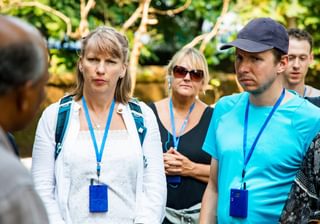
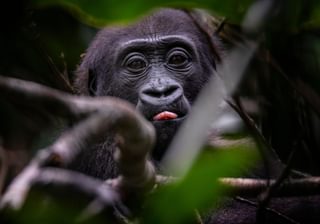
To reach the Republic of Congo, international flights are available to Brazzaville. From there, domestic flights or ground transfers can take you to Odzala-Kokoua National Park. Be sure to check the latest travel advisories and entry requirements before planning your journey.
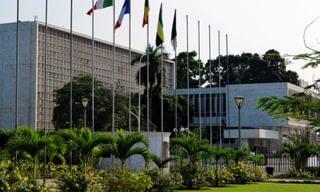
Western lowland gorillas are more numerous than their mountain cousins, though they are still critically endangered due to poaching, habitat loss, and disease. Odzala-Kokoua National Park is home to one of the largest populations of western lowland gorillas, with several habituated groups available for trekking.
Exact numbers fluctuate, but it’s estimated that there are several hundred western lowland gorillas in the park, with a few key family groups being regularly tracked for tourism and research.
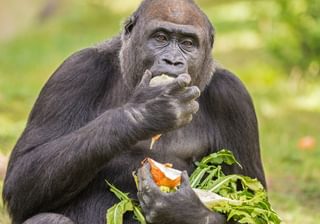
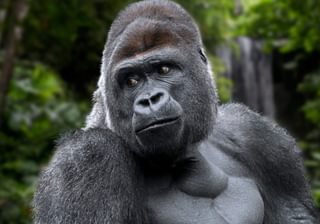
We offer 8-day Odzala Gorilla Trekking & Wildlife Safari and 11-day Congo Gorilla Safari & River Adventure trips to Odzala-Kokoua National Park, providing ample time to fully immerse yourself in the region’s beauty and wildlife.
Gorilla trekking in the Congo is generally more affordable than in Rwanda, though costs can vary depending on the level of luxury and the specific tour package you choose. Here’s a rough breakdown:
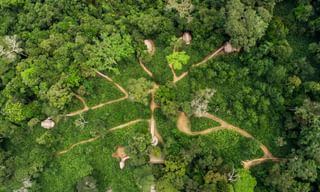
Gorilla trekking in Congo is available year-round, but the best time to visit is during the dry seasons, which run from June to September and December to February. During these periods, the weather is more predictable, and the forest trails are less muddy, making trekking easier.
The rainy seasons, from March to May and October to November, are still an option for the more adventurous, but be prepared for challenging conditions with slippery terrain. However, the rainforest is at its most vibrant during these months, and the fewer tourists can lead to a more solitary experience with the gorillas.
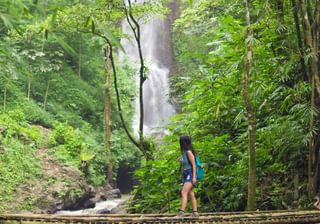
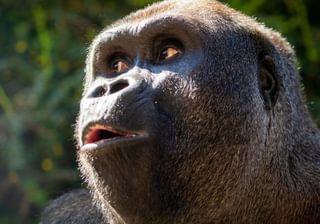
Yes, gorilla trekking in the Republic of the Congo is generally safe, particularly in Odzala-Kokoua National Park. The park is located in a stable region of the country, far from the conflict zones that have affected other parts of the Democratic Republic of Congo. Treks are led by experienced guides and trackers who are well-versed in ensuring the safety of both visitors and the gorillas.
As with any adventure in the wild, there are physical demands, and visitors should be prepared for arduous hiking through dense forests. However, the experience is suitable for most healthy individuals, and porters are available to assist with carrying bags and equipment if needed.
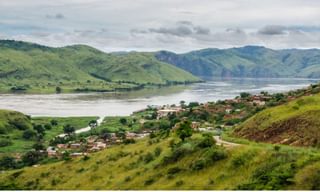
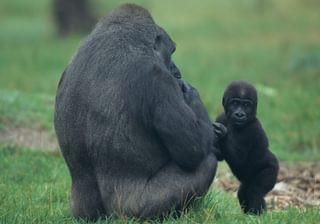
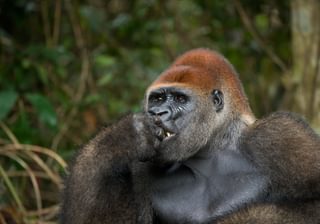
Gorilla trekking in the Republic of the Congo offers a truly unique and rewarding experience, far from the crowded circuits of Uganda and Rwanda. With fewer visitors, a pristine natural environment, and the chance to encounter the rare western lowland gorillas, it’s an adventure that combines wildlife, conservation, and a sense of discovery.
Whether you’re staying at the luxurious Ngaga Lodge or exploring the wetlands near Lango, a trek in Odzala-Kokoua National Park is sure to leave you with memories that last a lifetime
and start planning your tailor-made holiday

Republic of the Congo Expert
What can I say….my son and myself had the most wonderful time in Kenya thanks to the first-class itinerary that Ben and Louise put together for us. We spoke with Ben many times to ensure he ‘got it right’. This was our 2nd visit to Kenya, and it certainly lived up to our expectations and memories. Nothing was too much trouble for all the staff; we cannot have been looked after any better. I would highly recommend Far and Wild; they are so knowledgeable and have personally visited the lodges and areas. We are already planning another visit, and we cannot wait.
I have just returned from the most amazing trip to Tanzania, booked with Far & Wild. Everything went so smoothly from the first time I spoke with them. The planning was great, the itinerary was perfect for us, and the lodges were amazing. We spent 10 nights with an amazing guide, travelling through Northern Tanzania and even got to see the migration, which was a lifetime ambition of mine. This wasn't our first safari, so we were nervous as to how it would compare, but it was spot on. I will certainly be using them again to book our next trip....we're thinking of a relaxing beach stay next time to get over the excitement of safari!
Just back from another amazing F&W organised trip to Namibia with the family (8 adults). Having been there before, Alistair tailored our trip to include our favourite locations and added a new one for us, which we loved.The quality of accommodation and guiding, activities, food and drinks was exceptional throughout. It was good value for the level of luxury we had.
We had a wonderful trip to São Tomé and Príncipe - a small island nation in the Gulf of Guinea with paradise (almost empty) beaches and jungle forest. It was all well organised by Far and Wild and we stayed at a great combination of different types of resorts/hotels. We really recommend this for those who want to experience a pristine destination with few other tourists and friendly and welcoming people. The islands also feel very safe. At Principe, there are no dangerous animals, snakes or whatever, and it was great to be able to hike in the jungle without being very conscious of where to put your hands and feet. Go before everyone else does!
Back home again, basking in the joys of a superb safari. Every aspect you arranged for us, including linking up with Mack Air and Wild Horizons locally to transport us. The choice of camps was ideally situated, comfortable, in good surroundings, and with excellent wildlife on the doorstep and throughout the wider country. The service staff in each looked after us very well, catering was excellent, and the game guides were professional, knowledgeable and helpful. You made us happy, and we recommend you to similar safari enthusiasts with confidence.
Far and Wild went above and beyond to make sure my trip to Zambia was special. I would definitely recommend them and their services to anyone wanting to travel to Africa.
Lovely holiday at the amazing Almanara on Galu beach, a beach like no other. Far and Wild excelled themselves from beginning to end of our holiday in beautiful Kenya.... What a country!,
Wow! These guys are amazing. Can’t recommend them highly enough. Friendly AND efficient! Sorted out our trip (last minute and lots of different family member needs, sorry!) in record time and everything worked like clockwork. Trip of a lifetime to the Masai Mara. Will be back (and use F&W again!)!
It was a dreamy holiday on the Kenyan Coast - Far and Wild, their efficiency and professionalism allowed us to relax and be the happiest family alive !! We cannot fault them, their care and understanding of what we wanted from a holiday ensured we had the most memorable trip. We will be booking with them again for sure!
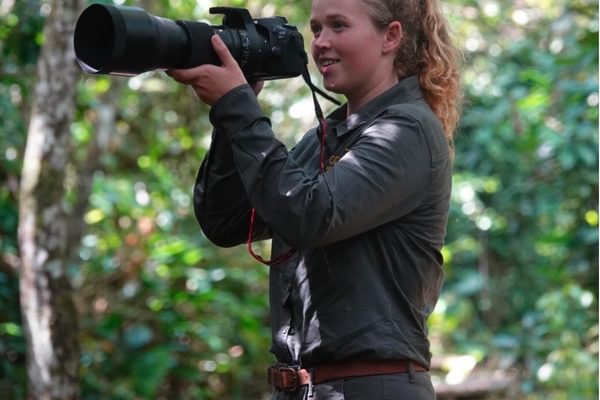

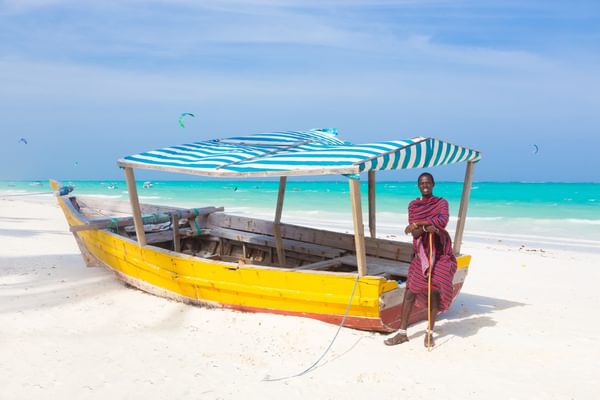

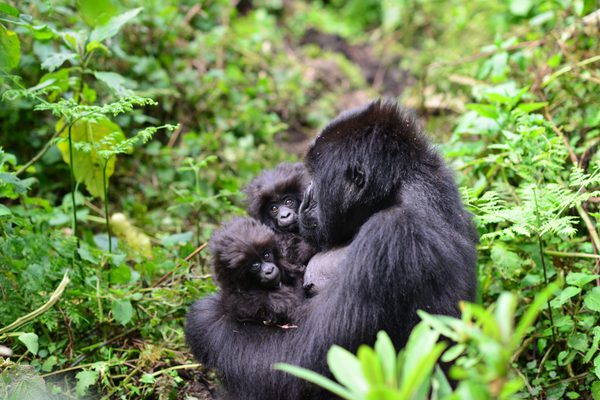
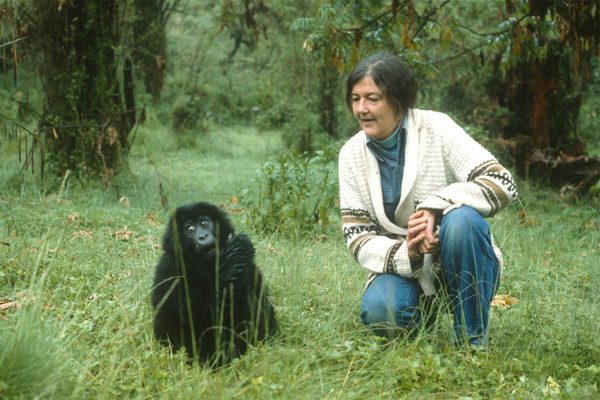
Get travel tips directly to your inbox every week
Give us a call on 0203 111 1315 or fill in the form below and we’ll be in touch.